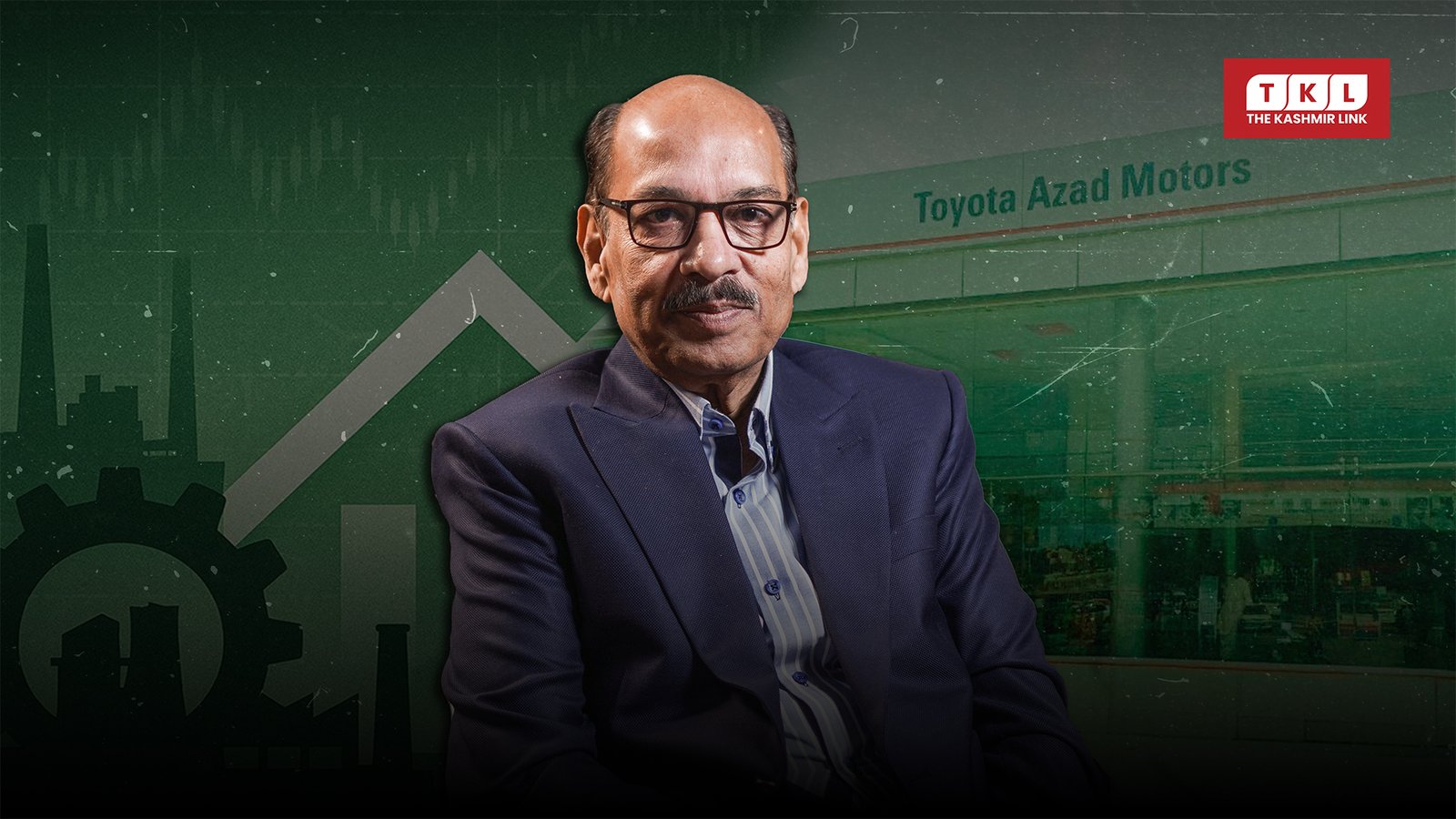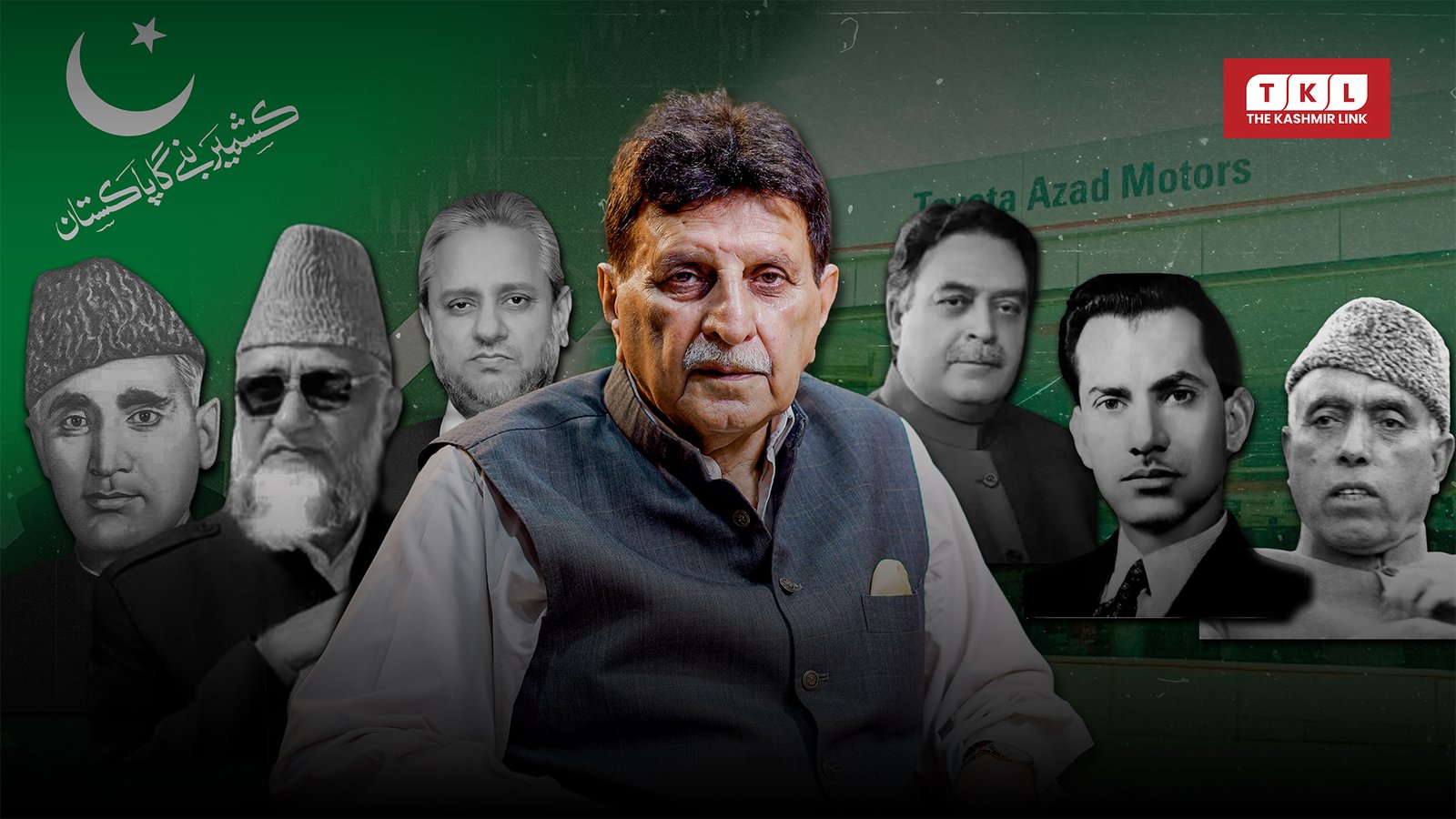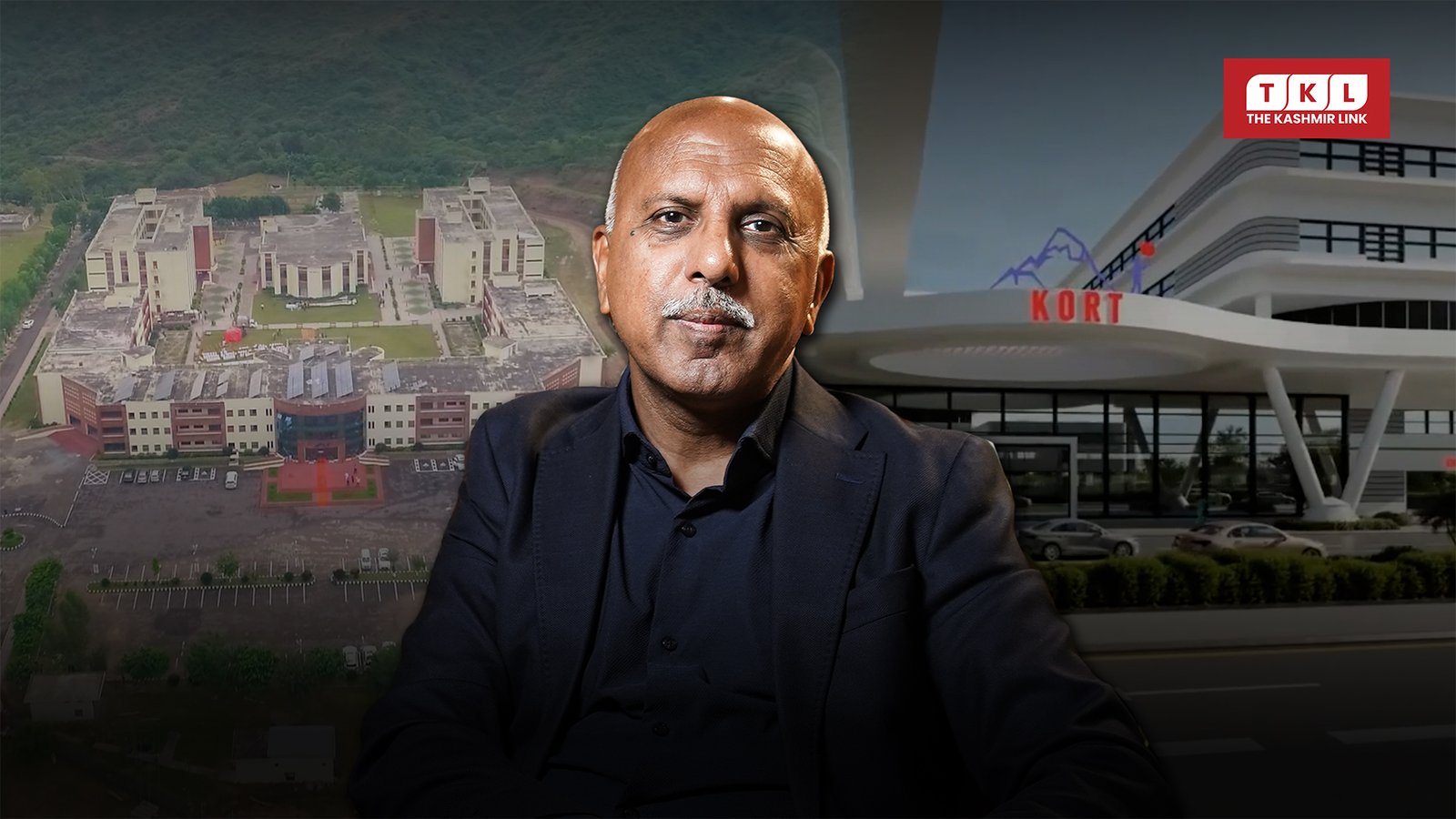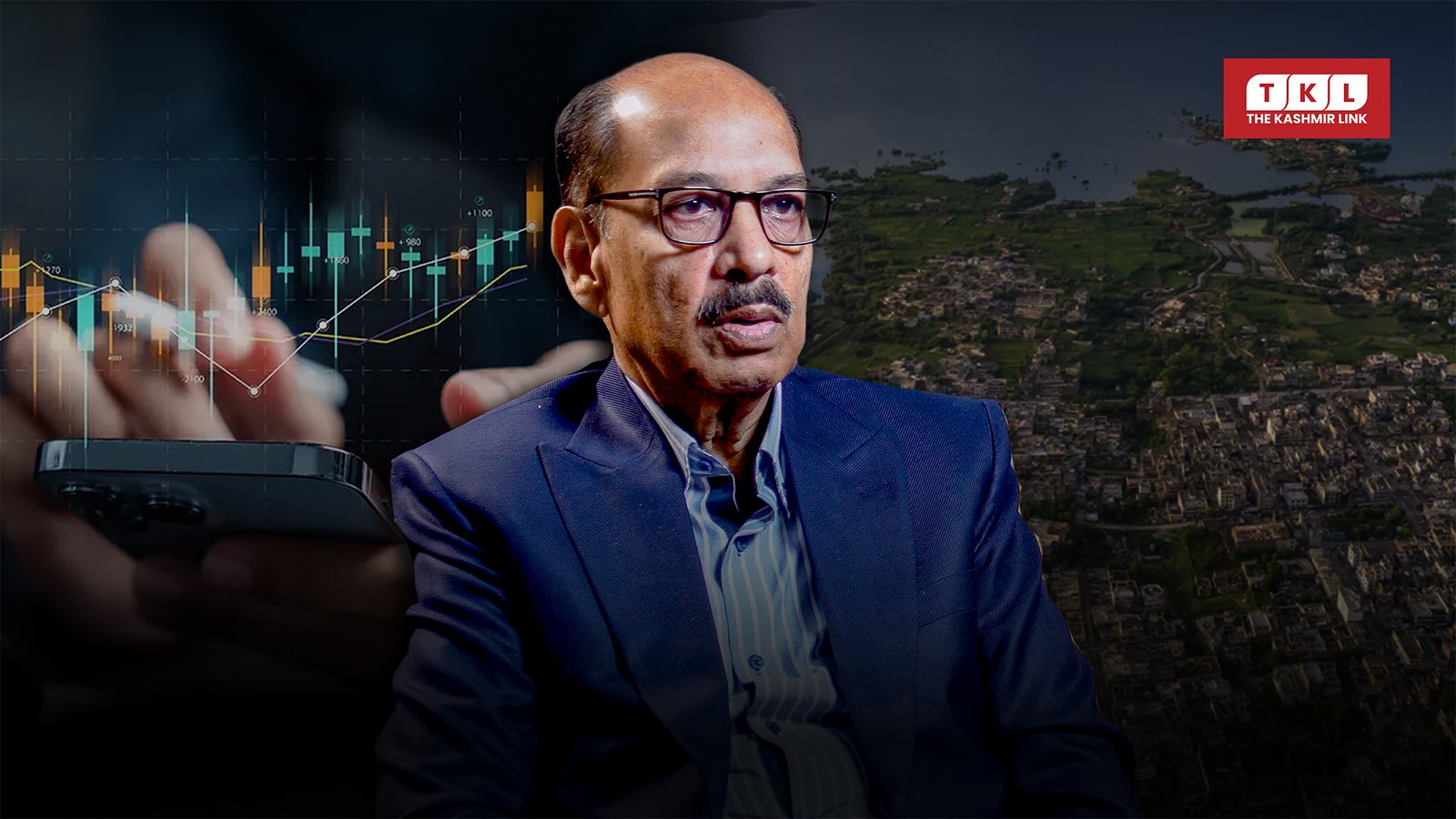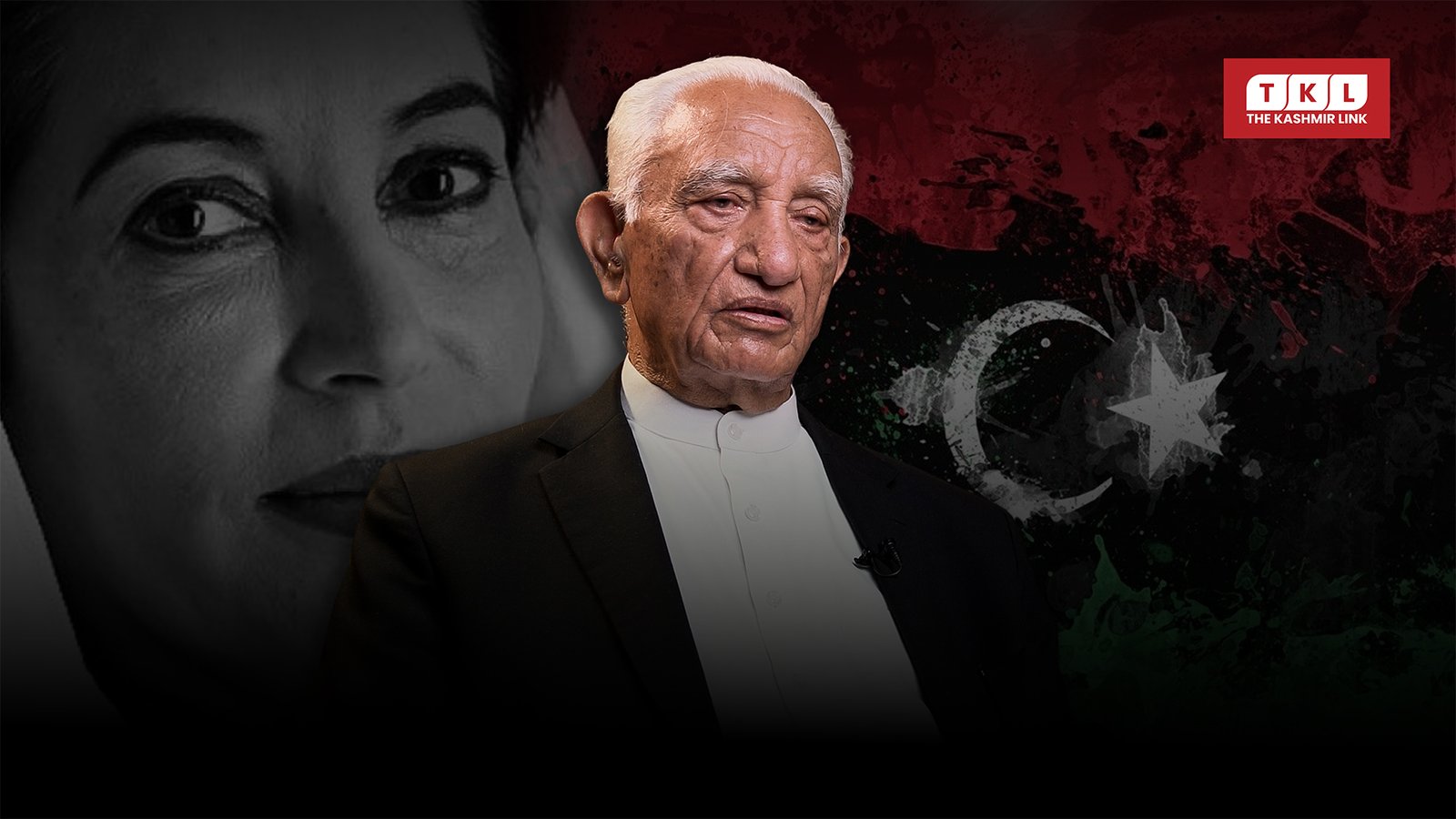Wheelchair, Willpower, and Wisdom: Dr. Anam Najam’s Story of Strength & Resilience
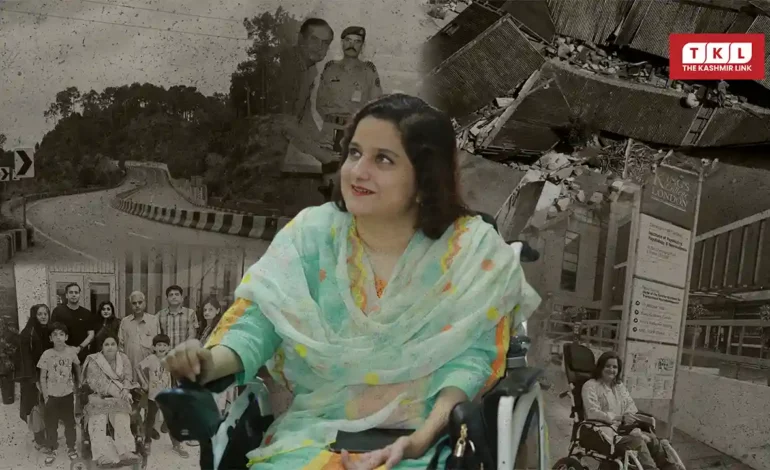
Introduction:
Dr. Anam Najam, a psychiatrist and disability rights advocate from Muzaffarabad, AJK, has overcome immense personal challenges to become a voice for mental health and physical accessibility in Pakistan. In this heartfelt and powerful interview, she shares her journey, insights on mental illness, disability rights, addiction, and the importance of faith, education, and empathy.
Interview with Dr. Anam Najam
Q: Dr. Anam, could you share a bit about how patients usually interact with you?
Dr. Anam Najam:
Most patients are very kind and respectful. But sometimes, due to ignorance or a lack of awareness, you encounter strange situations. I remember once a woman came in, talking about a family member with mental health issues. I thought she wanted to bring them for treatment, so I gave her our OPD timings. But she said, “No, I want them to meet you — so they can learn a lesson.”
Such moments happen, especially when you’re in a wheelchair.
Q: How was the transition from college life to working in a hospital environment?
Dr. Anam:
In college, I was always surrounded by friends. It was safe. But when I started my house job, I was on my own. Walking hospital corridors alone, people would stare as if I were a spectacle. Many would stop me just to ask, “What happened to you?” It was tough initially, but you learn to cope.
Society needs to shift its attitude to understand rather than pity.
Q: What message do you have for people struggling with mental health issues?
Dr. Anam:
Mental pain can be more intense than physical suffering. Many feel like there’s no way out — like death is the only escape. I want to tell them: help exists. Treatment exists. Don’t give up. Seek a doctor, a therapist. Life is too precious to waste in the shadows.
The mind, like the body, can face chemical imbalances. And just like physical treatment, mental treatment can restore balance.
Q: And what about those living with physical disabilities?
Dr. Anam:
Our environment is disabling, not enabling. Accessibility is a human right. From markets to schools, even parks — none of them are wheelchair-friendly.
People need ramps, proper building codes, and accessible toilets.
We also need inclusive workplaces. If someone needs a certain table height or assistive tech, provide it. Small changes lead to huge empowerment.
Q: What kind of systemic change is needed in Pakistan for disability inclusion?
Dr. Anam:
Start with access — physical and educational. We need legislation that works, not just on paper.
Focus on education and skills. Computers have opened up many work-from-home opportunities. But how do you reach the office without accessible transport? The barriers are everywhere.
Q: You’ve spoken before about the spiritual side of your journey. Can you share more?
Dr. Anam:
I believe existence itself is a miracle. The night I was shot — that bullet passing through my mother’s arm and hitting me… it could’ve ended everything. But it got lodged in my spine. That was divine intervention.
I am where I am today because of God’s strength. What we call “disability” is often just unmet needs. When needs are met, the challenge lessens.
Q: What’s your perspective on the growing drug addiction among youth?
Dr. Anam:
It’s alarming. Especially substances like ice, meth, heroin — boys are using them to escape stress. Girls, less so, due to social restrictions and less access.
But the trend is growing. Drugs ruin families — emotionally, financially, psychologically.
We must focus on awareness, stress management, and strong family bonds.
Q: What’s your biggest success in life?
Dr. Anam:
That I never gave up. No matter how dark it got, there was always a spark, a little hope inside me. That’s my greatest achievement.
Q: What do you enjoy outside of work?
Dr. Anam:
I love literature, reading, writing, and spending time with friends and family. Food is always a part of our entertainment. I enjoy traveling—I’ve been to Gilgit and Balochistan and even studied in the UK.
I also spend a lot of time with my brothers’ children — they are my heart.
Q: What are your future goals?
Dr. Anam:
I’m currently focused on disability advocacy — providing medical support, skill training, and pushing for legislation.
We also want to launch drug awareness programs in schools and colleges. We must equip the next generation with tools to handle stress, without turning to drugs.

